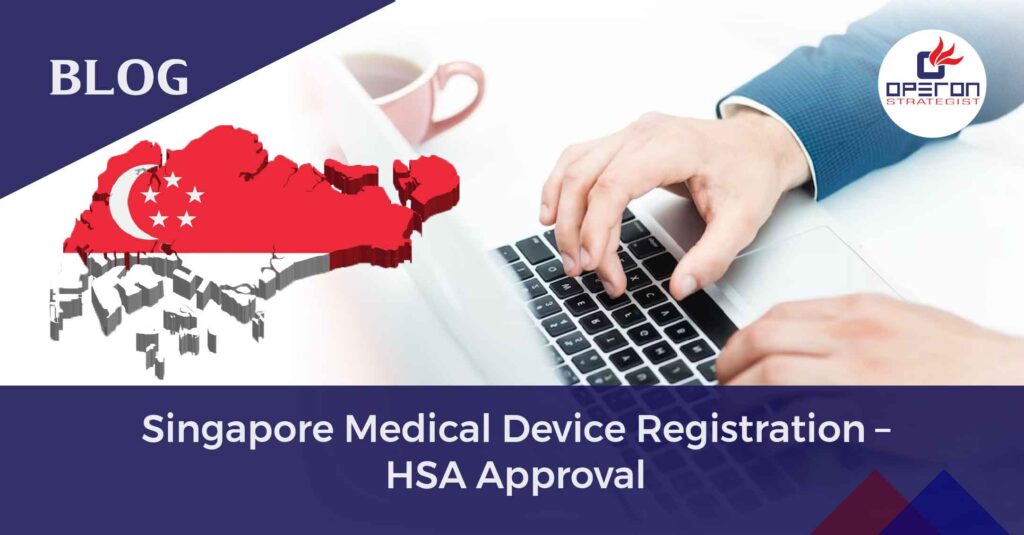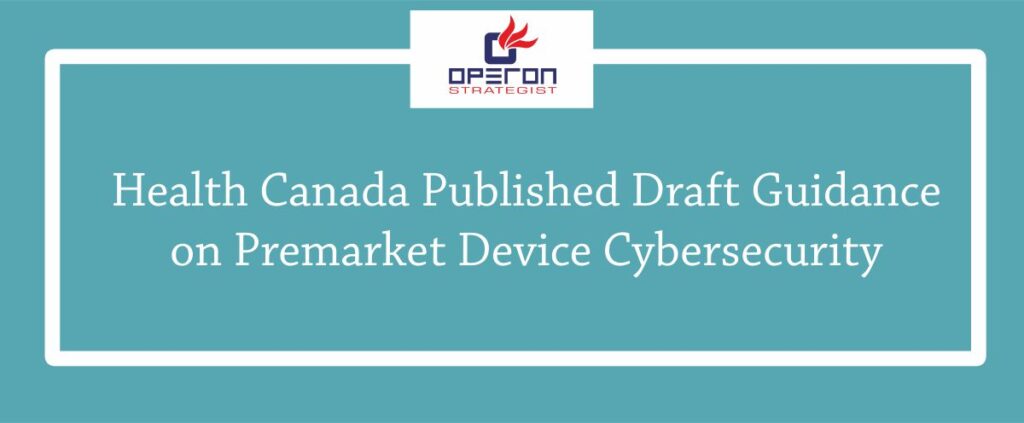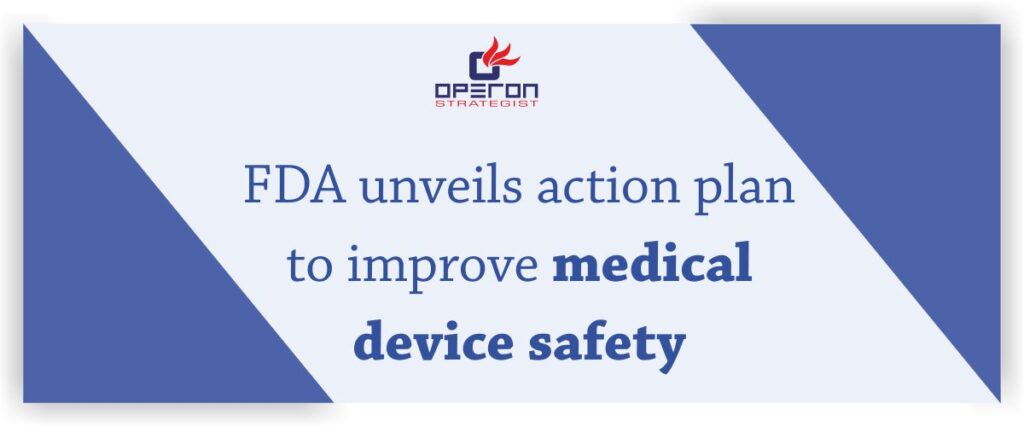Introduction to Singapore Medical Device Registration
Curious about the ins and outs of getting your medical device approved by the Health Sciences Authority (HSA) in Singapore? You’re in the right place. Singapore’s advanced healthcare system and strategic location make it a prime market for medical devices. But how does the approval process actually work? In this article, we’ll unravel the key steps and considerations for medical device registration and HSA approval in Singapore.
Looking for Consultant?
What Role Does HSA Play in Singapore's Medical Device Approval?
HSA is the regulatory authority in Singapore responsible for ensuring that medical devices entering the market meet stringent safety and efficacy standards. Dive into the heart of how HSA’s oversight shapes the landscape of medical device registration.
Medical device Regulations and Classification in Singapore
Navigating the regulatory landscape of medical devices in Singapore falls under the purview of the Medical Device Branch of the Health Sciences Authority (HSA). Singapore, as a member of the Association of Southeast Asian Nations (ASEAN), operates within the framework set by the Health Products Act 2007 and the Health Products (Medical Devices) Regulations 2010. These regulations are the compass that guides the classification and registration processes for medical devices within the country.
Singapore Medical Device Classification: From Class A to D
Medical devices are categorized into four distinct classes in Singapore, based on their inherent risk levels. This classification system ensures that devices with varying levels of complexity and potential risks undergo appropriate levels of scrutiny. Here’s a breakdown of the classes:
Class A: Devices classified as low risk fall into this category. These devices are typically non-invasive and have minimal potential to cause harm. They include products like bandages, stethoscopes, and tongue depressors.
Class B: Low to moderate-risk devices are classified as Class B. These devices might have limited invasiveness and include products such as contact lenses and low-risk diagnostic devices.
Class C: Moderate to high-risk devices fall under Class C. These devices might involve more invasive procedures or have a higher potential for harm. Examples include certain implants and some in vitro diagnostic devices.
Class D: High-risk devices belong to Class D. These devices are often complex and have a significant potential to cause harm if not properly regulated. Implantable pacemakers and certain life-supporting devices are examples of Class D devices.
Hsa Medical Device Submission Dossier Preparation
Preparing the submission dossier for the Health Sciences Authority (HSA) follows the guidelines of the ASEAN CSDT (Common Submission Dossier Format). The specifics of what you need to include depend on your device’s class and the evaluation route you’ve chosen. Notably, a significant portion of the supporting documentation requirements can often be met by referencing an EU technical file. It’s essential to also compile a Declaration of Conformity to the Essential Principles as part of the submission. Once your submission is approved, your product secures its place in the Singapore Medical Device Register (SMDR) database, signifying its compliance and readiness for the market.
Singapore Medical Device Registration: In-Country Representation for Foreign Manufacturers
For foreign medical device manufacturers looking to bring their products into the Singaporean market, the role of in-country representation is crucial. The Health Sciences Authority (HSA) mandates that foreign manufacturers appoint a Registrant who will act as the liaison between the manufacturer and the HSA. This Registrant must be a Singapore-based entity with a local presence and be registered with the HSA. The Registrant plays a pivotal role in the device registration process and wields control over the registration. Therefore, selecting the right Registrant is of utmost importance, as this choice impacts the success of your device’s entry into the market.
Operon Strategist: Your Key to Successful Singapore Medical Device Registration
Count on Operon Strategist for seamless medical device registration in Singapore. We offer expert guidance on classification and registration routes, act as in-country representatives, aid in dossier preparation, leverage global authorizations, advise on cost-effective strategies, and provide comprehensive support. Trust Operon Strategist, your partner in conquering Singapore’s regulatory landscape. Contact Us, WhatsApp or you can directly Mail Us At enquiry@operonstrategist.com today to embark on your journey toward successful medical device approval in Singapore.
FAQs:
How to Obtain Medical Device Approval in Singapore?
To secure medical device approval in Singapore, you need to compile a comprehensive application dossier containing all the necessary documentation as per the applicable registration route. This dossier is then submitted electronically through the HSA's online registration system by your designated Singapore Registrant. Subsequently, the requisite application and evaluation fees are paid as part of the submission process.
What is the Singapore Medical Device Register?
The Singapore Medical Device Register is a database maintained by the Health Sciences Authority (HSA). It encompasses all medical devices intended for supply in Singapore, regardless of whether they are domestically manufactured or imported. However, it's important to note that Class A low-risk medical devices are exempt from the product registration requirement.
How are medical devices regulated in Singapore?
In Singapore, all entities dealing with medical devices are mandated to obtain a dealer's licence before importing, manufacturing, or supplying devices. The Health Sciences Authority (HSA) evaluates compliance with Good Distribution Practice standards as a prerequisite for issuing licences. Furthermore, any modifications to your medical device must be notified to HSA prior to implementation.
Who regulates medical devices in Singapore?
The Health Sciences Authority (HSA) assumes the role of the regulatory authority overseeing medical device safety, quality control, and vigilance in Singapore. It holds the responsibility for ensuring that medical devices meet stringent regulatory standards and requirements within the country.
-
adminhttps://operonstrategist.com/author/admin-2/
-
adminhttps://operonstrategist.com/author/admin-2/
-
adminhttps://operonstrategist.com/author/admin-2/
-
adminhttps://operonstrategist.com/author/admin-2/




